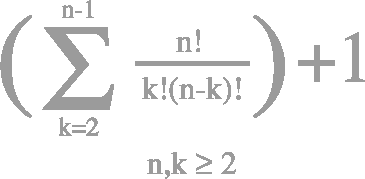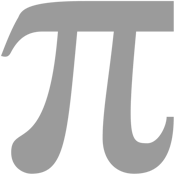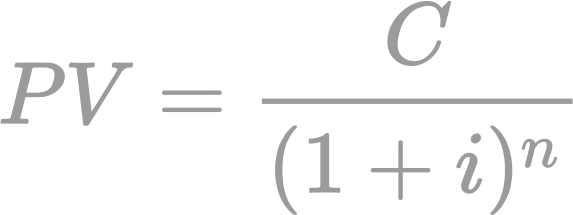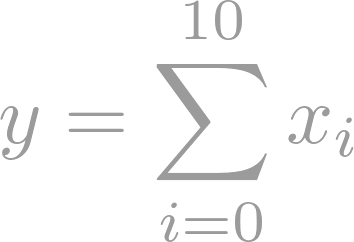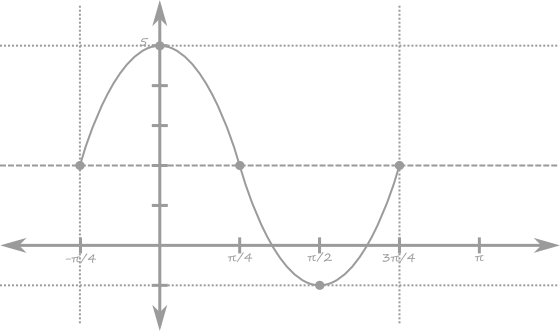Geometry is a branch of mathematics concerned with questions of size, shape, relative position of figures, and the properties of space. This course aims to introduce students to the study of the above questions in curved manifolds. To this purpose, basic concepts of differential geometry with a particular emphasis to Riemannian and pseudo-Riemannian manifolds will be introduced and applied to geometric objects such as black holes and the Robertson-Walker universe, which find their roots in the theory of general relativity, i.e. the geometric theory of gravitation.



